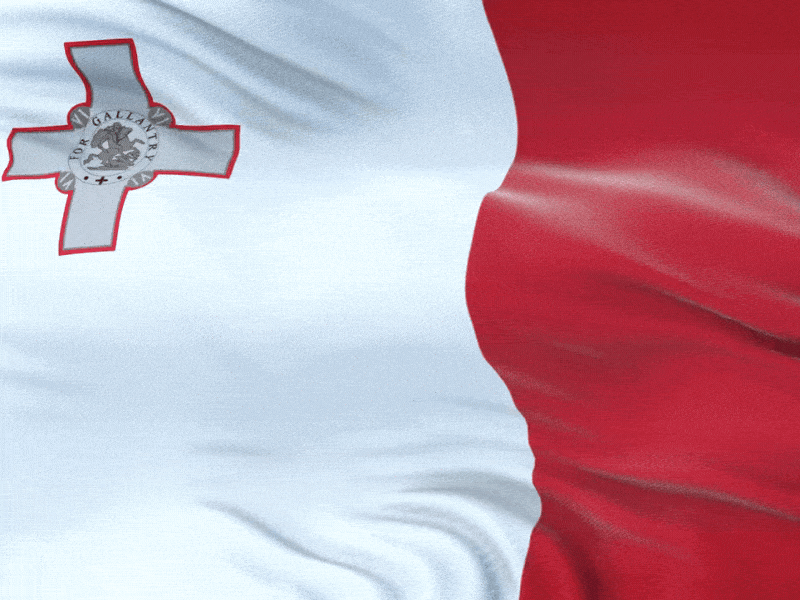
Study in Melta
The Maltese archipelago is primarily composed of three islands: Comino, Gozo, and Malta. Situated in the Mediterranean Sea, approximately 93 kilometers south of Sicily, the archipelago spans a total area of 316 square kilometers and is home to a population of 400,000. Malta, the largest island, lends its name to the entire archipelago. Valletta, the capital city, serves as the cultural, administrative, and commercial hub of the region. While Maltese and English are the official languages, the Constitution of Malta designates Maltese as the national language.
At the university level, the first stage encompasses the awarding of Certificates, Diplomas, and Bachelor’s Degrees in various disciplines, including nursing, diplomatic studies, management, administration, law, library science, religious studies, arts, and political and social sciences. The duration of these programs ranges from one to three years, with a Bachelor’s (General) Degree typically conferred after three years of study. In contrast, a Bachelor’s (Honours) Degree is awarded after four to five years, contingent upon the specific field of study.
In the second stage of university education, students pursue a Master’s Degree, which requires an additional one to two years of study. Candidates must possess a relevant first degree with a minimum classification of second-class Honours. In exceptional cases, individuals lacking an Honours Degree may gain admission by completing a one-year preparatory course and passing a qualifying examination. Master’s degree programs necessitate the submission of a dissertation alongside the completion of required coursework.
Regarding Doctorate Degrees, the faculties of Medicine and Law confer the Doctor of Medicine (MD) and Doctor of Law (LLD) degrees, respectively, upon completion of a program lasting five to six years. The Doctor of Philosophy (PhD) degree is awarded after a minimum of three years of study following the attainment of a Master’s degree. PhD candidates are obligated to present a thesis based on research conducted on an approved topic.
The higher education framework in Malta welcomes international students. At present, there are more than 600 full-time foreign students hailing from approximately 75 different countries. Additionally, around 300 international students engage in semester exchange programs. The ESC Office is available to offer information and services related to course prerequisites, housing, immigration, financial concerns, health matters, procedures, regulations, and qualifications necessary for university admission in Malta. Currently, there are no scholarships offered; however, enrollment in higher education institutions in Malta remains an option. For further details, please reach out to our counselor or the admission counselor at ESC.
